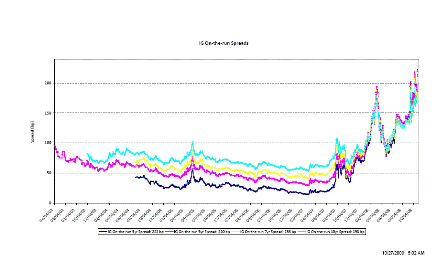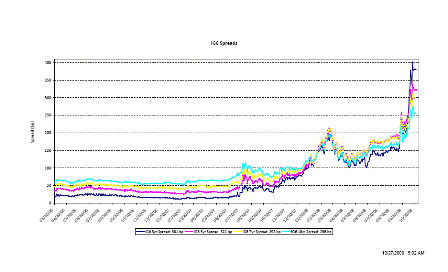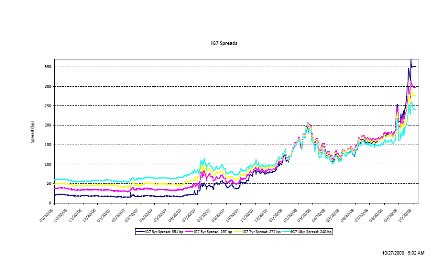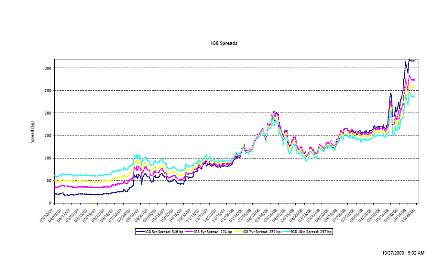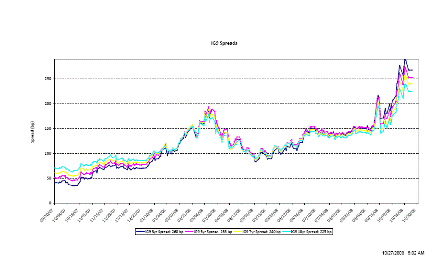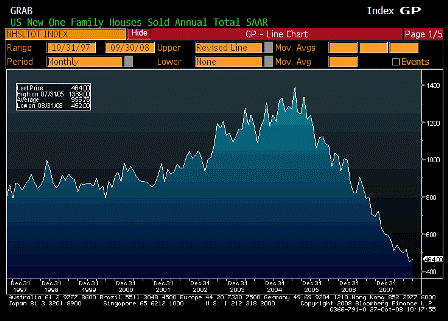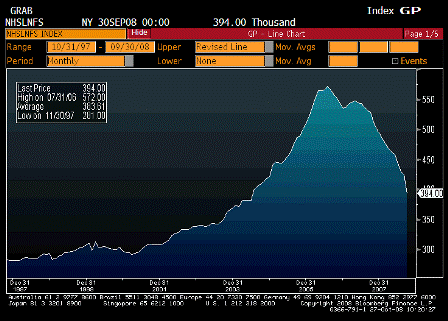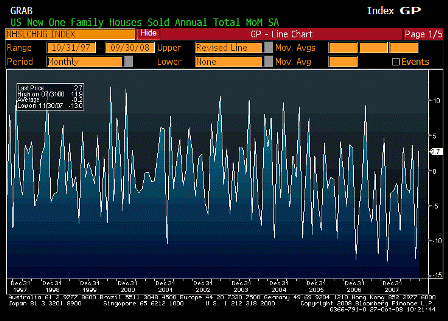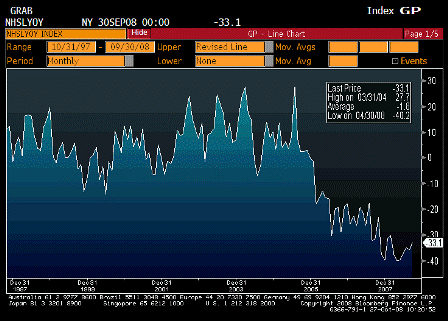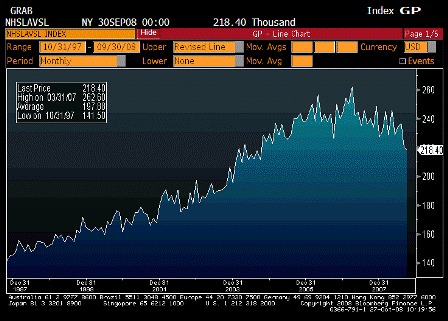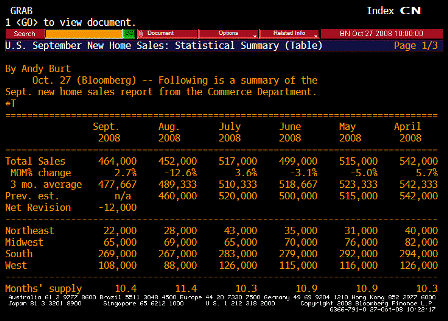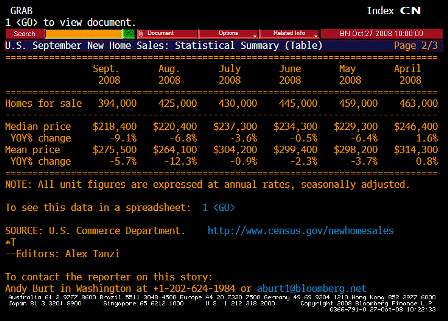This means they will accept it as collateral for the unlimited USD loans from the Fed.
This will not end well.
BOJ to Accept Asset-Backed Commercial Paper as Collateral from Tuesday
TOKYO (Dow Jones)–The Bank of Japan said Monday it will accept as collateral asset-backed commercial paper guaranteed by the bank’s counterparty financial institutions, starting Tuesday. This is a temporary measure until the end of April 2009 to ease tension in the short-term money market, the BOJ said.
Earlier this month, The BOJ announced a number of steps to ensure the smooth functioning of the country’s money markets, including providing greater access to U.S. dollar funds through a swap agreement with the U.S. Federal Reserve Board, and broadening the kinds of collateral the BOJ would accept for repurchase agreement transactions.
[top]

